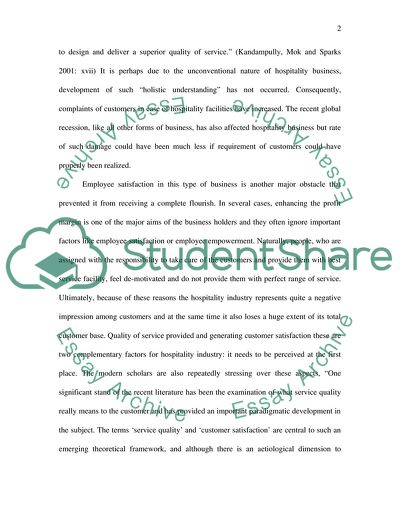Cite this document
(Service Quality and Operations Literature review, n.d.)
Service Quality and Operations Literature review. https://studentshare.org/tourism/1728438-service-quality-and-operations
Service Quality and Operations Literature review. https://studentshare.org/tourism/1728438-service-quality-and-operations
(Service Quality and Operations Literature Review)
Service Quality and Operations Literature Review. https://studentshare.org/tourism/1728438-service-quality-and-operations.
Service Quality and Operations Literature Review. https://studentshare.org/tourism/1728438-service-quality-and-operations.
“Service Quality and Operations Literature Review”. https://studentshare.org/tourism/1728438-service-quality-and-operations.


